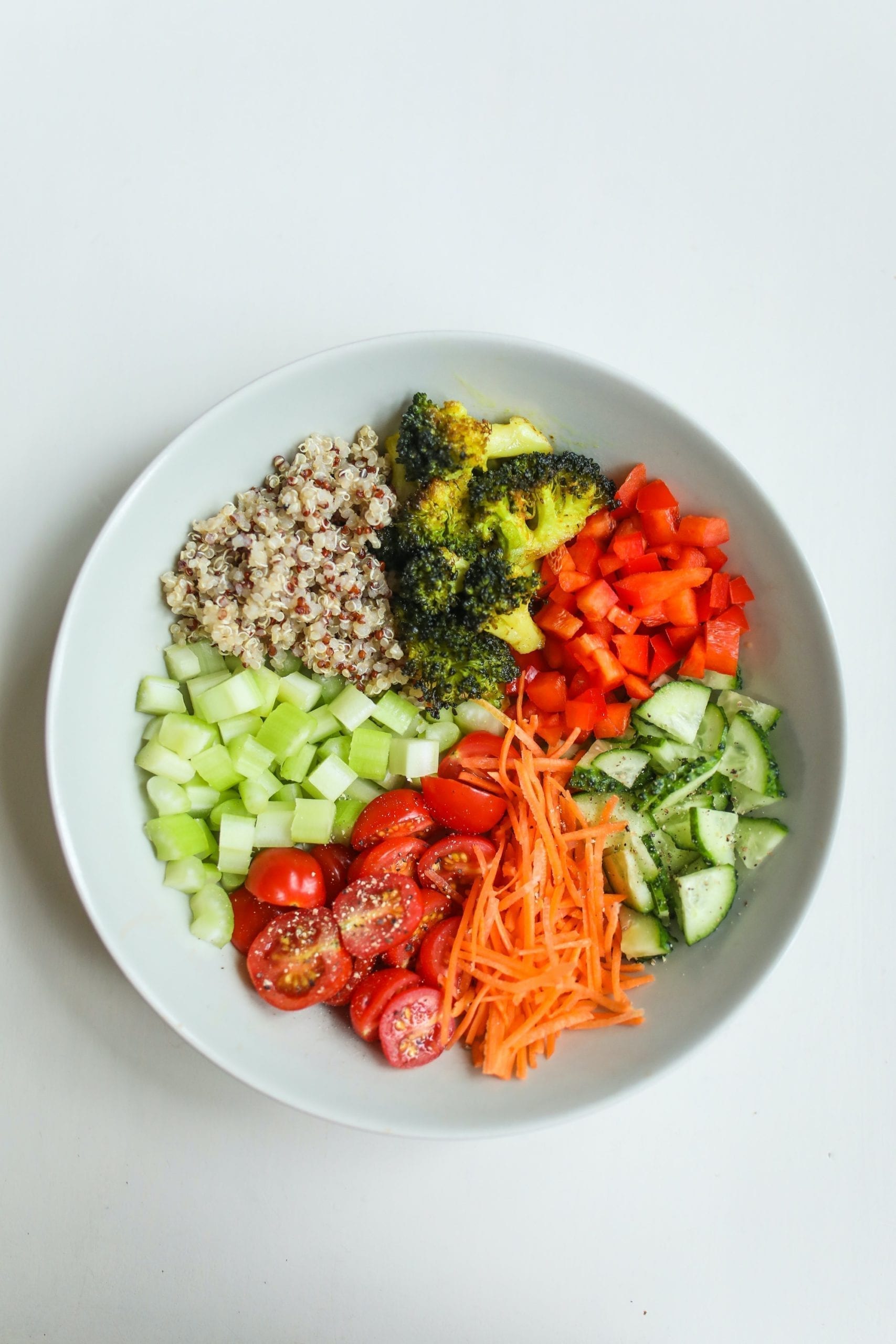Your diet could literally make or break your weight loss journey. Even if you’re working out regularly, what you feed your body determines how successfully your body functions. Change in weight is generally dependent on the food you eat. But while ‘food is fuel’ looks great as a motivational quote on the gym wall, it doesn’t quite translate in the same way in reality.
Digestion itself is a calorie-burning activity that helps a person lose weight. For every calorie you ingest, your body uses some of it to burn what you are having. This is exactly where the concept of snacking arises from. It’s also a must for a person to plan for at least 2-3 meals before moving out for a busy day. Here’s a video to make your planning a lot easier with a list of 5 such healthy Indian snacks that you can pack or enjoy at home for your weight loss journey!
4 Tips To Help With Your Late-Night Snacking
After dinner and before bedtime snacking when not hungry often results in unwanted calories being added in your body. This usually occurs due to boredom, stress or even tiredness. These 4 tips listed below will help you banish those evening cravings and curb after-dinner snacking!
1. Plan Your Meals
If you spend a little time planning ahead and grocery shopping for nutritious meals, including breakfast, and snacks throughout the week, then you’re less likely to overeat after dinner or anytime during the day. Planning your meals will help you remain satiated throughout the day, thereby preventing unnecessary snacking.
2. Load Up On Protein & Fiber
Protein can help you feel full faster and for longer. So ensure that you incorporate enough protein during meals and snacks to reduce mindless snacking.
Dietary fibre also helps one feel full, in addition to being exceptionally good for your heart and intestines. Find fibre in whole grains, legumes such as beans and lentils, vegetables, fruits, nuts and seeds and try incorporating them in your daily diet.
3. Get Proper Sleep
Sleep deprivation can impair glucose metabolism and affect hormones linked to hunger, appetite and body weight regulation. For instance, if you get too little sleep, you may confuse the tiredness for hunger. On the other hand, if you’re tempted to keep snacking after a full dinner, that may be a sign that your body needs rest. Adults should strive for at least 8 hours of sleep every night.
4. Switch Off The Screen Before Eating
Did you know that screen time encourages mindless snacking? Eating in front of your TV, while playing video games or while surfing the Internet can distract attention from what and how much is being eaten, reduce satiety signals sent to the brain and further lessen memory of snacking.
